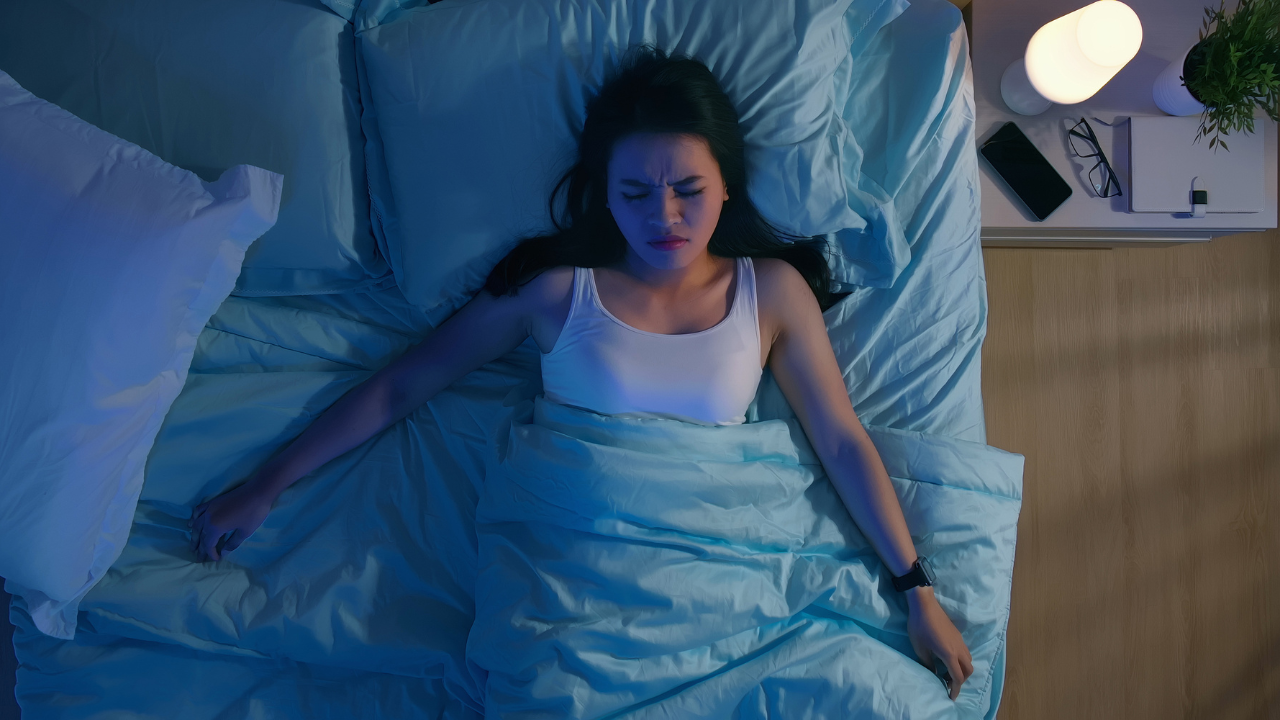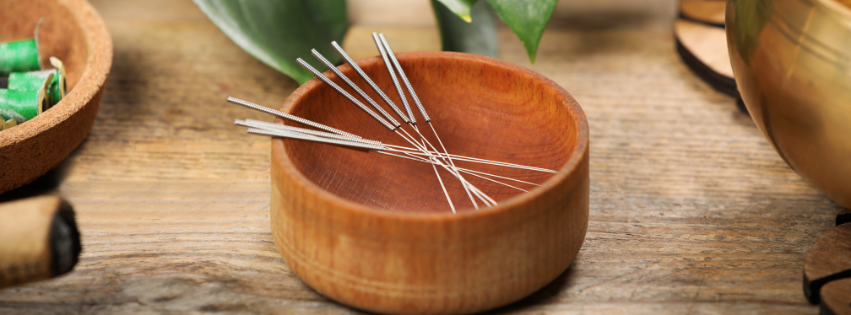Acupuncture for sleep, also known as acupuncture for insomnia, is rapidly gaining popularity as a natural, non-pharmacological treatment for sleep disorders. Traditional Chinese medicine (TCM) techniques like electroacupuncture, acupressure, and auricular acupuncture are becoming key players in the world of sleep improvement. In this blog, we explore how acupuncture can help calm your mind, boost melatonin secretion, and ultimately improve sleep quality. All while reducing stress and anxiety.
What Is Acupuncture for Sleep Quality & Disorders?
Acupuncture is an ancient healing technique from traditional Chinese medicine that involves the strategic insertion of ultra-thin needles into specific points (acupoints) on the body. These acupoints are believed to regulate the flow of energy (qi) and balance the body’s yin and yang. When it comes to insomnia and other sleep disorders, acupuncture works by stimulating these acupoints to reduce sympathetic nervous system activity, promote relaxation, and even enhance the body’s natural production of melatonin. For anyone looking for “acupuncture for insomnia” or a “natural sleep remedy,” this therapy is a powerful alternative to conventional sleep medications.

How Does Acupuncture Improve Sleep Quality?
1. Balancing Energy and Reducing Stress
Acupuncture targets key acupoints that help calm the mind and body. By balancing qi and reducing the stress response, acupuncture can lower anxiety levels—a major contributor to insomnia. Techniques like acupressure on the ear’s Shenmen point and electroacupuncture are particularly effective for easing mental stress and calming the nervous system.
2. Enhancing Melatonin Secretion
Many individuals struggle with low melatonin levels, which disrupt the sleep–wake cycle. Acupuncture has been shown to increase nocturnal melatonin secretion naturally. This hormonal boost not only helps you fall asleep faster but also contributes to a more restorative sleep experience—making it a sought-after “acupuncture treatment for insomnia.”
3. Regulating Neurotransmitter Levels
Acupuncture influences several neurotransmitters critical to sleep regulation. By modulating chemicals such as gamma-aminobutyric acid (GABA), norepinephrine, and dopamine, acupuncture for sleep can help regulate the brain’s mood chemistry. This neurochemical balance is essential for easing sleep disruptions and providing long-term relief from chronic insomnia.
4. Natural and Non-Invasive
Unlike sleep medications that may cause side effects such as grogginess or dependency, acupuncture is a safe, natural, and minimally invasive treatment. Many patients report that after a few sessions, they experience improved sleep quality and a reduction in insomnia symptoms. All without the drawbacks of pharmacological treatments.

Benefits of Acupuncture for Insomnia and Other Sleep Disorders
- Improved Sleep Quality: Studies have shown that acupuncture enhances sleep efficiency, increases total sleep time, and reduces sleep latency. Whether you suffer from primary insomnia or sleep apnea, acupuncture is emerging as a top “acupuncture for sleep” option.
- Reduced Anxiety and Stress: By calming the nervous system and promoting a sense of relaxation, acupuncture can lower anxiety levels that often contribute to insomnia.
- Fewer Side Effects: Acupuncture is a natural, non-pharmacological treatment, which means you avoid the potential side effects and dependency risks associated with sleep medications.
- Holistic Health Benefits: In addition to better sleep, acupuncture may help alleviate chronic pain, improve mood, and support overall well-being—making it a valuable part of a holistic health strategy.
Finding an Acupuncturist Near You
If you’re searching for an Acupuncturist, look no further! At Midland & Freeland Sports Rehab, our Acupuncturist is experienced in treating sleep disorders, digestive conditions, allergies, infertility, pain and discomfort, addiction, and more! At our clinic, we offer tailored treatments that combine traditional Chinese medicine with modern techniques like electroacupuncture, ensuring a personalized approach to managing insomnia and sleep disturbances.
Frequently Asked Questions
Q: How many acupuncture sessions will I need for insomnia?
A: The number of sessions depends on the severity and duration of your insomnia. Some patients notice improvements within 5–10 sessions, while others with chronic sleep disorders might benefit from ongoing treatments.
Q: Does acupuncture hurt?
A: Most patients report little to no pain during acupuncture. You might feel a slight pressure or tingling sensation at the acupoints, which many find relaxing rather than uncomfortable.
Q: Can acupuncture be used with other sleep therapies?
A: Absolutely. Acupuncture is often combined with sleep hygiene practices, cognitive behavioral therapy for insomnia (CBT-I), and lifestyle changes to maximize sleep quality and overall health.
Final Thoughts
Acupuncture for sleep is a holistic, natural treatment that offers promising benefits for those struggling with insomnia, sleep apnea, restless legs syndrome, and other sleep disturbances. With its ability to regulate melatonin, balance neurotransmitters, and reduce stress, acupuncture is an effective alternative to conventional sleep medications.
If you’re ready to improve your sleep quality naturally, consider exploring acupuncture for insomnia. Book a consultation with our Acupuncturist, Courtney, and start your journey to better, more restorative sleep today.

